“No specific research” was undertaken into how the Aberdeen bus gates would impact city centre businesses, The Press and Journal can reveal.
Roads chiefs imposed an experimental traffic regulation order (Etro) on Guild Street, Market Street and Bridge Street last August.
And businesses across Aberdeen city centre have told us of their devastating impact on their trade.
In the first nine months of the bus gates, the right turn ban out of Union Terrace and the change in Schoolhill; footfall in the city centre fell by at least 500,000.
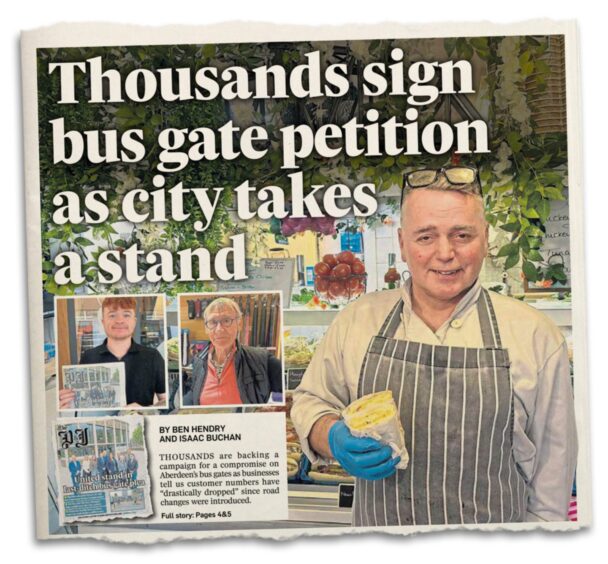
More than 10,000 people have signed up to our Common Sense Compromise calling for change.
‘No specific research on predicted economic impacts of Aberdeen bus gates’
Now, freedom of information requests seen by The P&J, show no in-depth forecasting was arranged on how the measures might hit the pockets of city centre traders.
That’s because officials only thought about their impact on sustainable transport, because that’s what the overhaul was designed for.
The local authority’s response detailed, at length, the traffic modelling carried out on the bus gates, dating as far back as the 2015 discussion of the city centre masterplan.
But there was also, at a second time of asking, a frank admission.
An unnamed council official confirmed: “As the bus priority measures were installed as a sustainable transport initiative (to help contribute towards transport modal shift, in line with local, regional and national transport policy, as well as net zero and air quality commitments), no specific research was undertaken on the predicted economic impacts prior to their introduction.
“This has been, and continues to be, assessed while the measures are in operation.”
Economic research is not the only thing the council went without ahead of installation, with the use of the Etro regulations negating the need for public consultation.
What does the council think of the Aberdeen bus gates’ economic impact now?
The local authority’s most recent economic monitoring of the impacts of the Aberdeen bus gates was put to councillors in June.
It was presented as officials urged them to make all of the Etro change permanent, months before the experiment was slated to end.
And in the report, chief operations officer Mark Reilly noted the public were “stating alarm” that the roads changes could impact the viability of shops and hospitality businesses.
He acknowledged concern for jobs in those sectors, which “support many low-income households”.
But he countered that the roadworks were part of “establishing a modern welcoming city centre that is vibrant and pleasant to negotiate by walking or wheeling, and where people want to spend time, whether that be for shopping, visiting cafes or restaurants, or entertainment”.
Despite hundreds telling the council otherwise, he added: “The measures could support the retail and hospitality trades by consolidating and increasing footfall in the city centre, and where successful also encourage new retail or hospitality investment; similarly so, when considering office and residential opportunities.”
His socio-economic musings also pointed out the benefits to Aberdeen bus services, pedestrians and cyclists.
When will a decision be made on the Aberdeen bus gates?
A decision was deferred at that mid-June meeting until the full council meeting last week.
Lord Provost David Cameron then rejigged that agenda, denying claims he had done it to avoid discussing the unpopular roads shake up the day before the general election.
No date has been yet been set the third chance to make a decision on the future of the Aberdeen bus gates.
Businesses briefly faced an ominous seven-week wait before the matter would eventually be debated.
But Labour and the Conservatives stepped in to force a meeting by July 17.
And the SNP and Lib Dems leading the council – who inherited the Aberdeen bus gate scheme from Labour and the Conservatives who led before them – have pledged to try and host a roundtable with our Common Sense Compromise campaigners and the bus operators before that.
‘It would be wrong-headed to continue with this’
Meanwhile, Scottish Conservative North East MSP Liam Kerr has hit out at the lack of thought for the businesses the traffic measures are impeding.
“This is proof, if any was needed, that the potential economic fallout from these bus gates was never a factor in the decision-making process,” he told The P&J.
“Residents have told Aberdeen City Council that continuing down this road would be wrong-headed. Employers and city businesses have signed up to Common Sense Compromise petition in their droves.
“Any extension would look entirely arbitrary – or even worse a fait accompli – without any proper metric for judging what a successful scheme would look like.”
Chamber chief: ‘Union Street is being starved’
Aberdeen and Grampian Chamber of Commerce chief executive Russell Borthwick said there had to be a way to encourage people to take the bus, which doesn’t “starve Union Street of footfall”.
He said getting people to change how they travel around the city was key to the “crucial” move to net zero.
“However,” he added, “our local economy is equally important and needs to be given the same level of consideration.
“It is clear that this has not been the case here, which is part of the reason there are so many businesses in distress after a relatively short period.”
He reiterated the need for the Common Sense Compromise, encouraging councillors to adopt our suggested changes to “send a message that Aberdeen is open for business”.
Council co-leader points to everything but the bus gates for city centre struggles
But Lib Dem council co-leader Ian Yuill was keen to point out who was in charge when the bus gates were approved.
When asked if it was short-sighted not to look at the economics of the Aberdeen bus gates and roads revamp, he suggested asking the Tories who ran the finance committee at the time.
Then his SNP counterpart Christian Allard said it was “very difficult” to tell if the bus gates, low emission zone, cost of living crisis or the pull of Union Square – which opened in 2009 – was behind the struggles business bosses tells us they’re facing.
“We had all the people around the table on Thursday June 27, and all admitted it would be impossible to say what the impact of each of those was,” he told us.
“I think one of the biggest impact is Union Square and the second is our changes of shopping habits.”
Mr Yuill added: “We absolutely accept there’s been fall in footfall – that’s what the numbers say.
“And that’s why we want to work with our partners in Aberdeen Inspired, the Chamber of Commerce, Our Union Street, the individual businesses, the Federation of Small Business and the bus companies to identify how, as Team Aberdeen, we can deliver for our citizens.
“We want a centre city which is accessible, attractive and vibrant.”
Labour: We DID look at the economics
His comments about the Conservatives outraged Labour group leader on the council, M Tauqeer Malik, who fumed about the pedestrianisation of Union Street central being undone.
The Labour-led coalition with the Tories had set out their vision for a fully pedestrianised stretch before the SNP and Lib Dems managed to overturn their plans.
He fizzed: “Councillor Yuill has once again been exposed as not knowing his brief because Labour did an economic impact assessment (on pedestrianisation) in June 2022.
“Of course, the SNP changed the plan without one and the results are there for the public to see.”
Bidding for the cash was agreed February 2021, more than a year before the economic impact assessment Mr Malik seethed over was published.
SNP MSP calls for closer look at how Aberdeen bus gates make the city’s roads work
Meanwhile, SNP Aberdeen Central MSP Kevin Stewart is pressing for more traffic modelling to be carried out before the final decision is taken.
He wrote to his SNP colleagues and their Lib Dem partners, telling them: “I would urge the council to undertake full Paramics modelling of the city centre to ensure that any bus gate works for the people and businesses in Aberdeen, not against them.”
Our Common Sense Compromise on the Aberdeen bus gates
The Press and Journal is standing side by side with Aberdeen businesses and business organisations in an appeal to reach a Common Sense Compromise.
But we can’t do it alone – we need your help.
If you would like to back our Aberdeen bus gate campaign, add your name to the petition launched by Aberdeen and Grampian Chamber of Commerce here.
Other ways to show your support and have your voice heard can be found here.
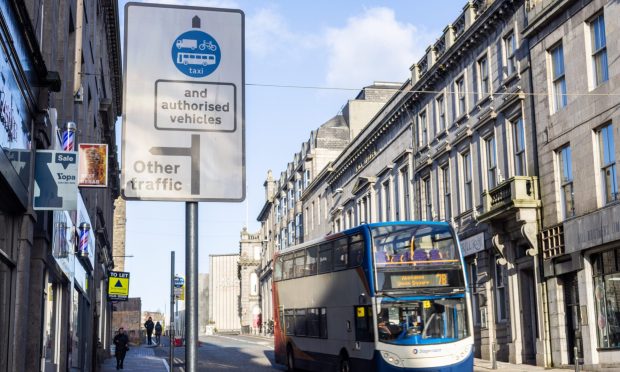
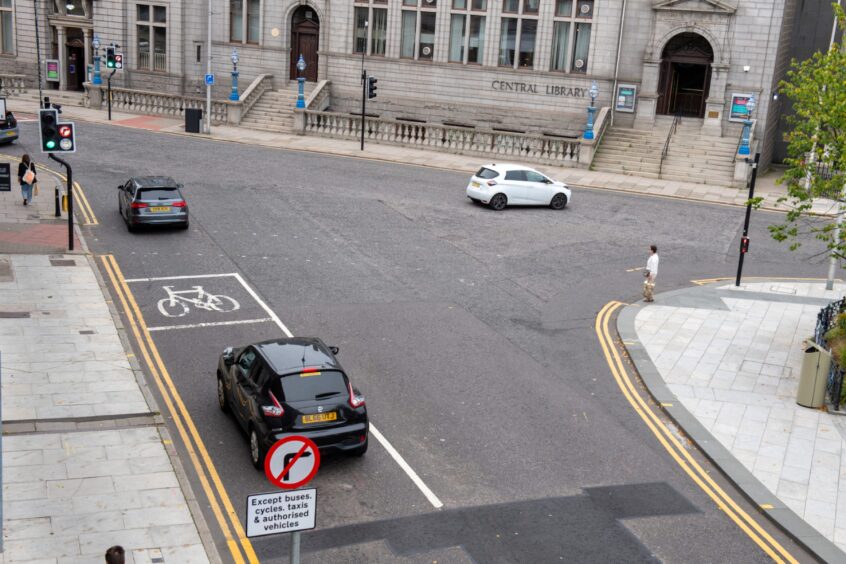
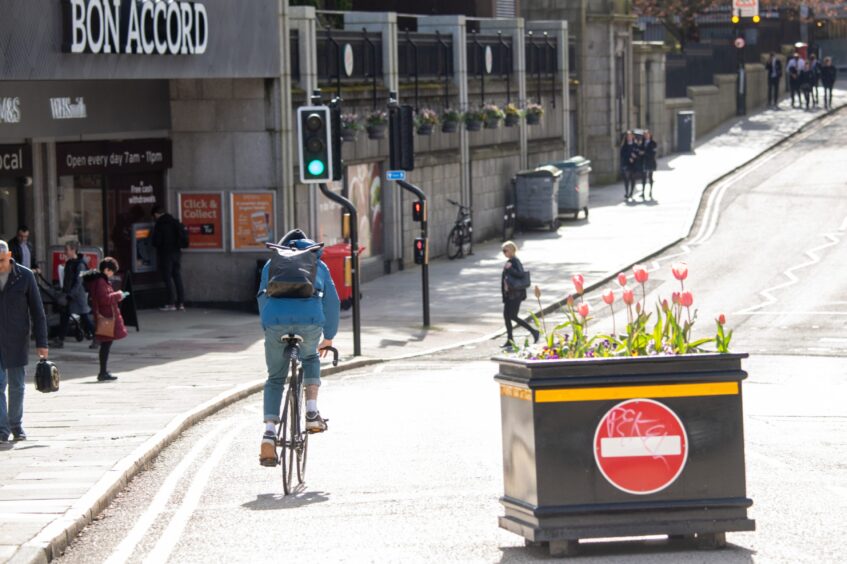
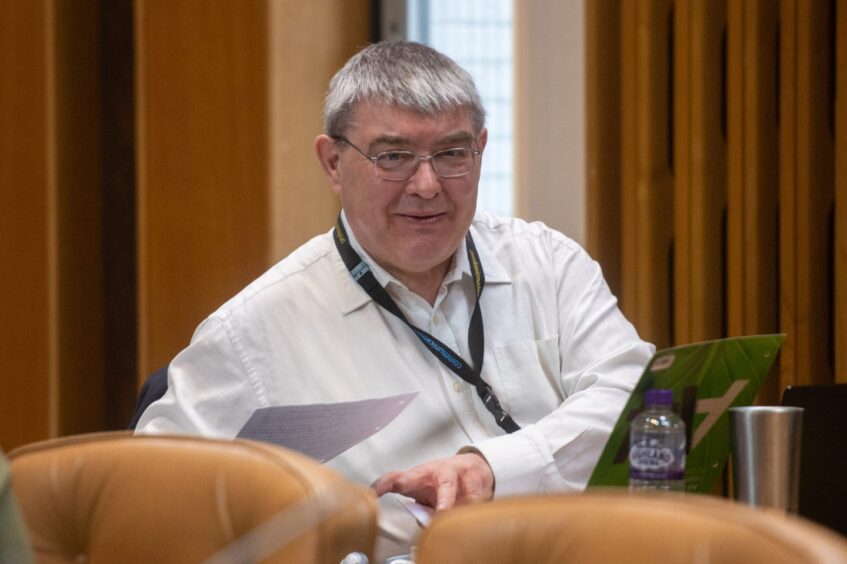

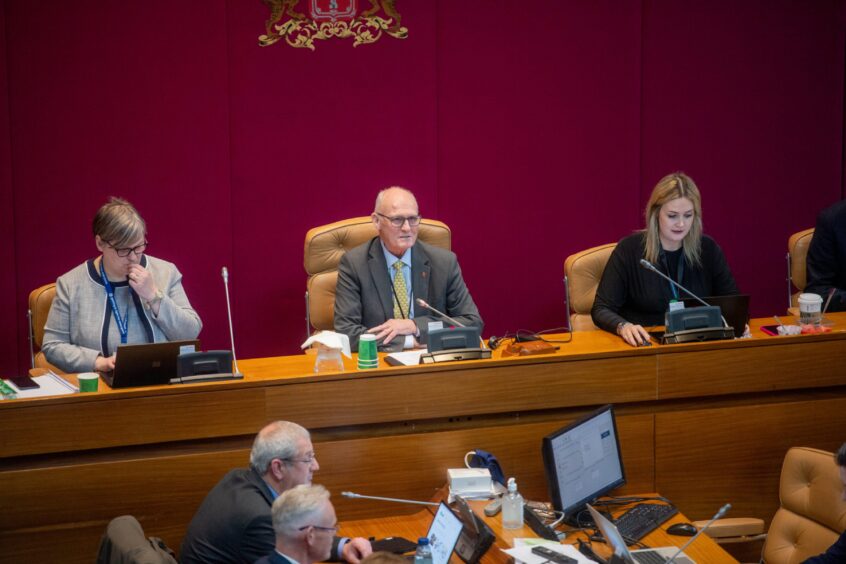

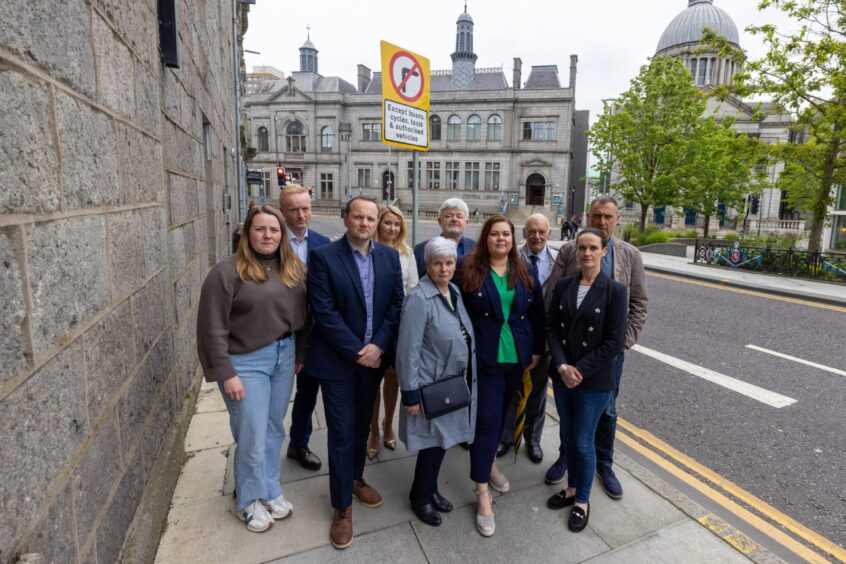
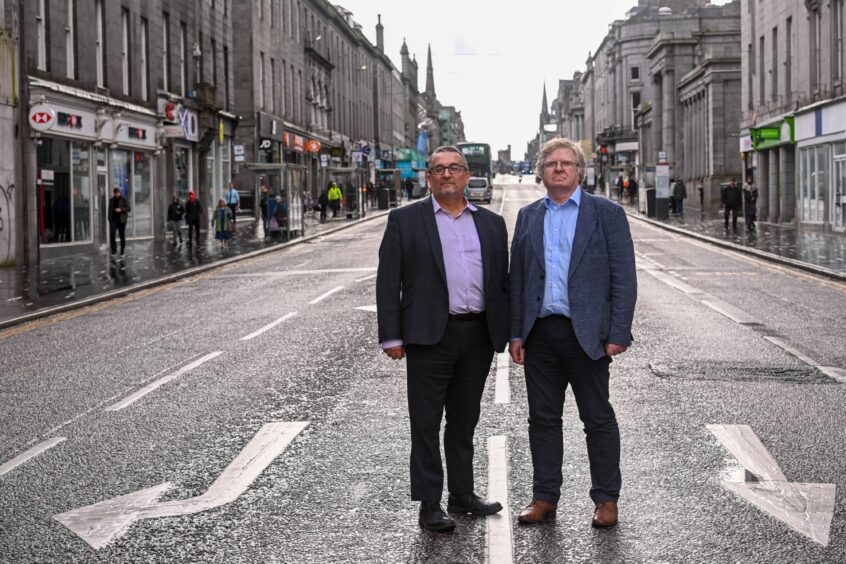
Conversation